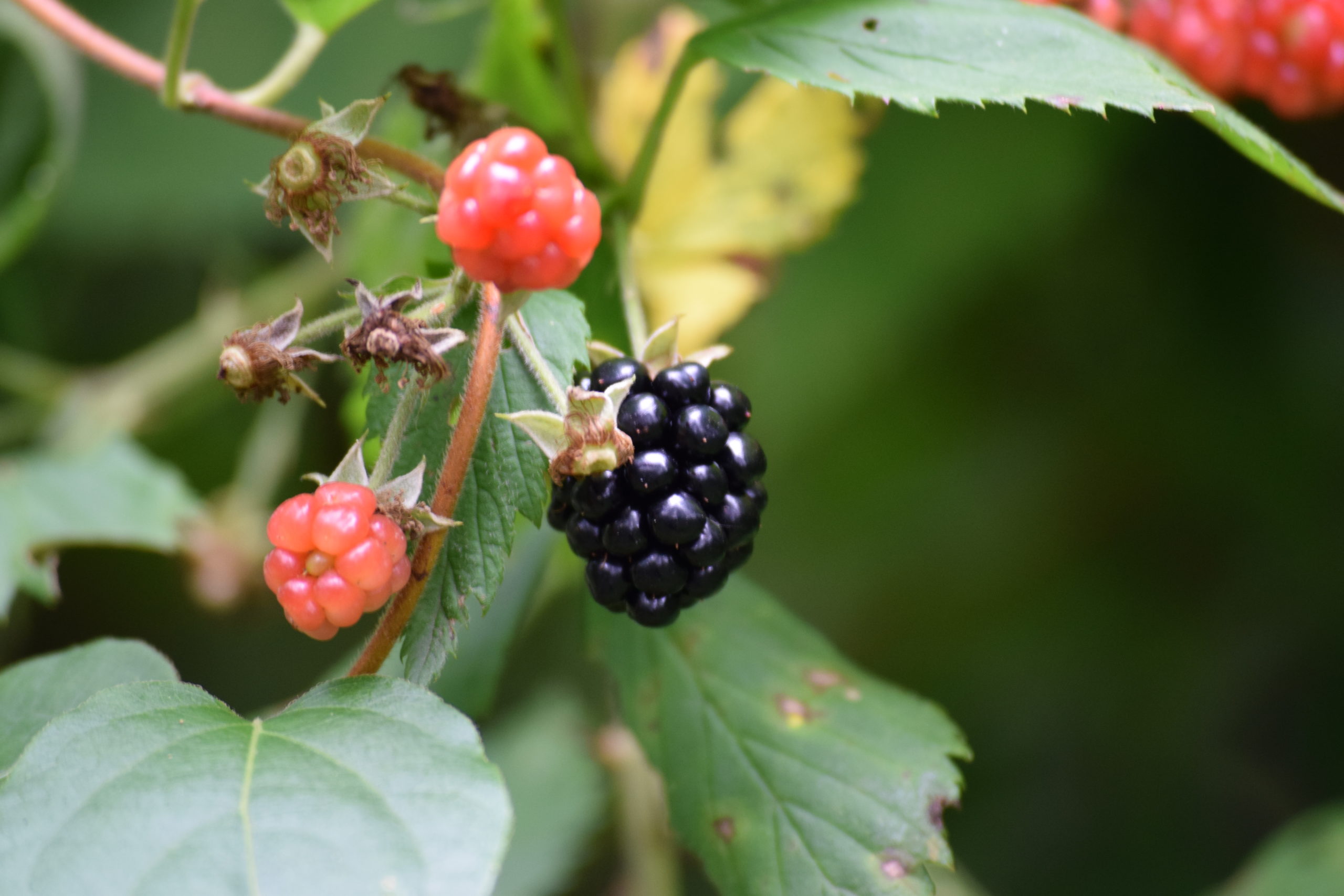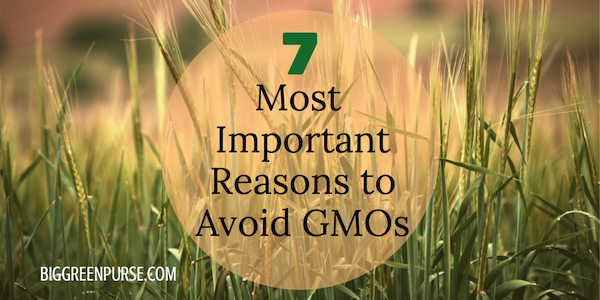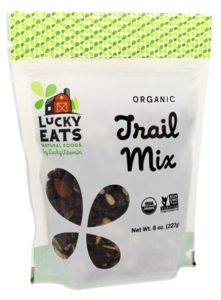“GMO” stands for genetically modified organisms. Some people also call them genetically engineered organisms. Either way, GMOs are foods whose genetic make-up has been re-engineered, altered or modified to give them different traits than those they evolved with.
The U.S. Department of Agriculture estimates that 94% of all soy, 93% of the corn, and 96% of the cotton grown in the U.S. is genetically engineered. That means you could be eating GMOs in your bread, cereal, packaged cookies and cakes, and any other foods that contain soybean oil, corn oil, and high fructose corn syrup, to name a few.
Many biologists, scientists, public health officials and consumer advocates believe we should avoid GMOs. Here are the most important reasons why.
[box]
7 Most Important Reasons to Avoid GMOs
1) Health risk – According to the Academy of Environmental Medicine, animal studies link GMOs to organ damage, gastrointestinal and immune system disorders, accelerated aging and infertility. This may happen because genetic material inserted into soy plants, for example, can transfer into the DNA of bacteria we already have living inside us. The American Public Health Association and American Nurses Association oppose the use of genetically modified (GM) bovine growth hormone because milk from cows that have been given this hormone contains more IGF-1 (insulin-like growth factor 1), which is linked to cancer.

2) Contamination of other crops – Like other plants, GMOs cross pollinate. When the wind blows, their seeds can travel. Farmers trying to grow crops organically or with non-GMO seeds report that their fields are being contaminated through the natural cross pollination that occurs when GMO seeds go airborne. Once GMOs are present in a field, they are almost impossible to get rid of.
3) Increased pesticide use – Most GMO crops are engineered so that they are not susceptible to particular herbicides. For example, many GMO crops are resistant to Roundup, an herbicide produced by Monsanto. Ironically, as a result, farmers appear to be using more Roundup to control their weeds than previously.
4) Unpredictable side effects – We’ve all seen science fiction movies that feature monsters created when lab experiments go wrong. What happens if our GM foods turn into “Franken-Foods”? The Union of Concerned Scientists worries that the process of creating genetically-modified plants could lead to new allergens, carcinogens, nutritional deficiencies, and toxins that we’re unprepared to confront. It’s taken us decades to clean up after toxins like lead and asbestos, and those were known elements. How are we prepared to deal with the side effects of GMOs?
Don’t miss: Benefits of Organic Food: It’s More Nutritious!
5) Serious effect on the environment – GMOs are causing an explosion of “superweeds,” weeds that have evolved resistance to glyphosate, a chemical used on GM crops. As a result, even more powerful insecticides must be applied to control weeds, which ultimately contaminates groundwater and kills many animals and plants that are not targeted by these toxic chemicals but are nevertheless susceptible to them.

6) Devastating impacts on birds, bees, and butterflies – Research is ongoing into the impacts that GMOS could be having on birds, butterflies, bees, frogs, and micro-organisms that live in soil and our lakes, rivers and streams. Monarch butterfly populations are down 50%; scientists are exploring whether GMOs are reducing their habitat, or poisoning the milkweed that butterflies feed on. Roundup herbicide used in conjunction with GMO crops has been linked to high rates of mortality in some amphibians and organ damage to various animals.
7) Corporate control of seeds and agriculture – Ideally, farmers could get seeds from a variety of sources or save their own seeds for the next planting cycle. Today, one company controls about 95 percent of GM seeds. As cross-pollination increases, more and more natural crops may be unable to produce their own seeds, putting farmers – and us consumers, too – at the mercy of an agribusiness that is more focused on profit that people or the planet.[/box]
[box type=”tick”] What Can You Do? Use Your Purse!
 √ Buy from local farmers who are growing food without GMO seed.
√ Buy from local farmers who are growing food without GMO seed.
√ Shift your spending to organic food.
√ Look for the Non-GMO label when you shop.
√ Support legislation that would require all GMO foods to be labeled so that consumers can make informed choices when they shop.
RELATED
8 Fast Food Chains That Serve Local, Organic Food


















2 thoughts on “The 7 Most Important Reasons to Avoid GMOs”
Great reasons why you should always buy organic. No need to worry about GMOs.
Yes! Thanks for writing!